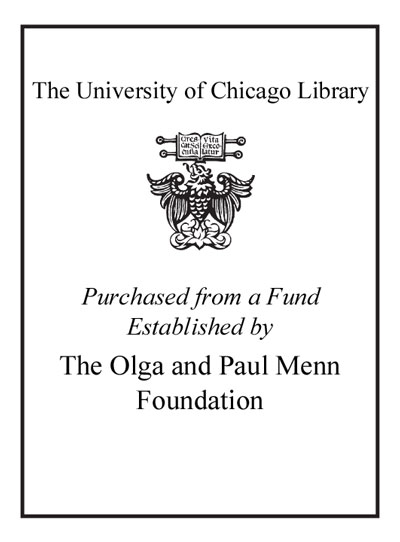Review by Choice Review
The writings of the Austrian music critic Eduard Hanslick (1825-1904) remain a locus around which the aesthetics of absolute music orients itself. This collection, the first English-language study of its kind in 60 years, takes a global approach to Hanslick and the absolute question. His work is set in the context of contemporary musical and aesthetic thought, Central European life and culture, aesthetic metaphors such as organicism, and the central compositional figures of his day (Wagner, Liszt, Brahms, Wolf, and the symphonic tone painters). Originating in a 2009 conference, the 14 contributions, though short, have been reworked into cogent and, in some instances, exemplary essays in aesthetic history. The contributors are divided equally between established and mid-career scholars, with a few late-career graduate students. A list of Hanslick publications will prove useful to librarians (see "Abbreviations"); the utility of the five-page bibliography, however, is questionable. Noteworthy are the short foreword, which sketches Hanslick's reception in his time and since, and the principal editor's introduction, which considers Hanslick's reception in the current age of old and new musicology. Summing Up: Highly recommended. Upper-division undergraduates, graduate students, researchers/faculty, general readers. M. Dineen University of Ottawa, School of Music
Copyright American Library Association, used with permission.
Review by Choice Review

